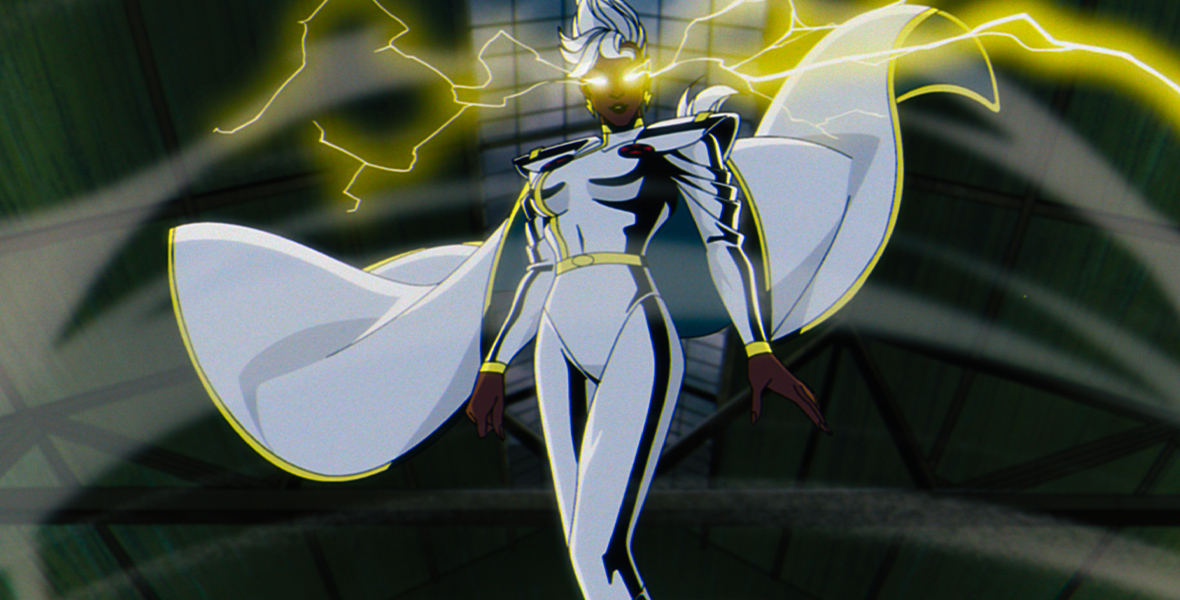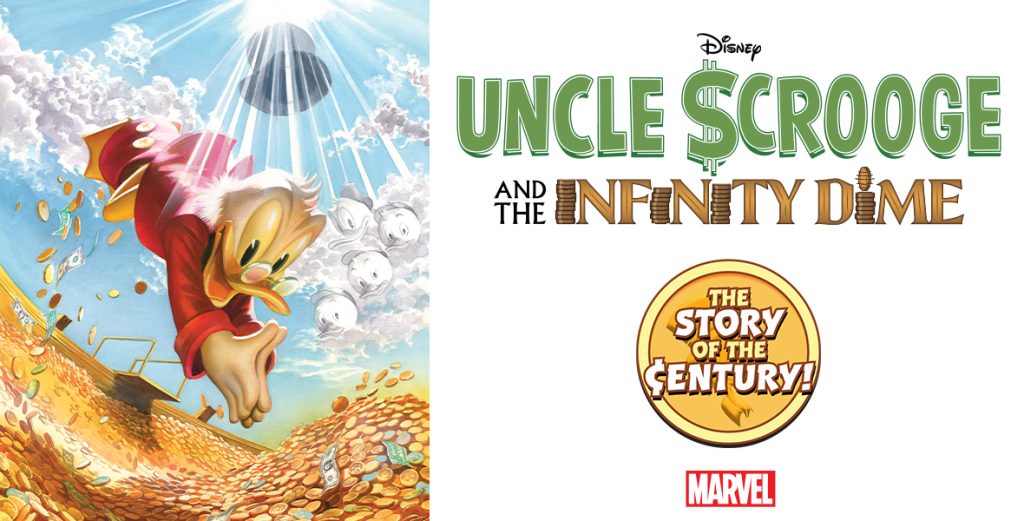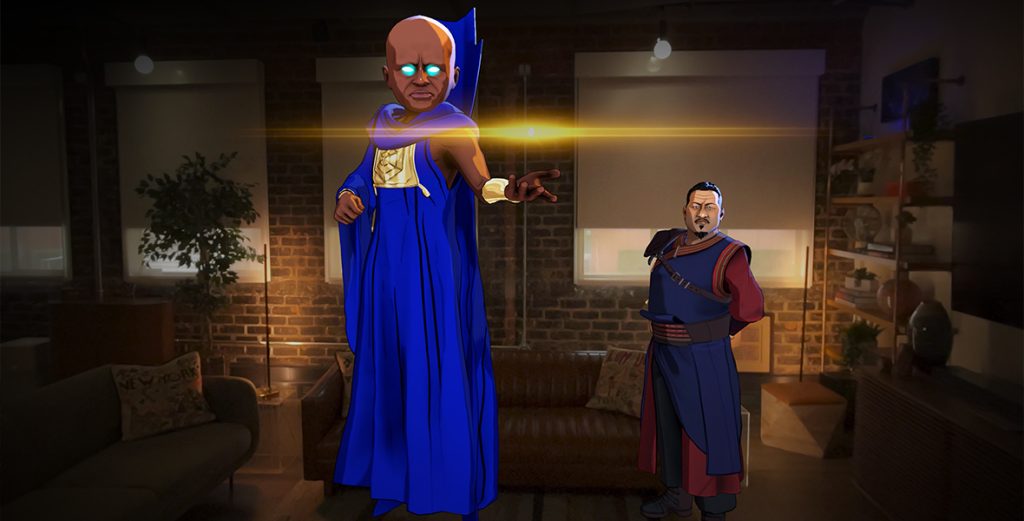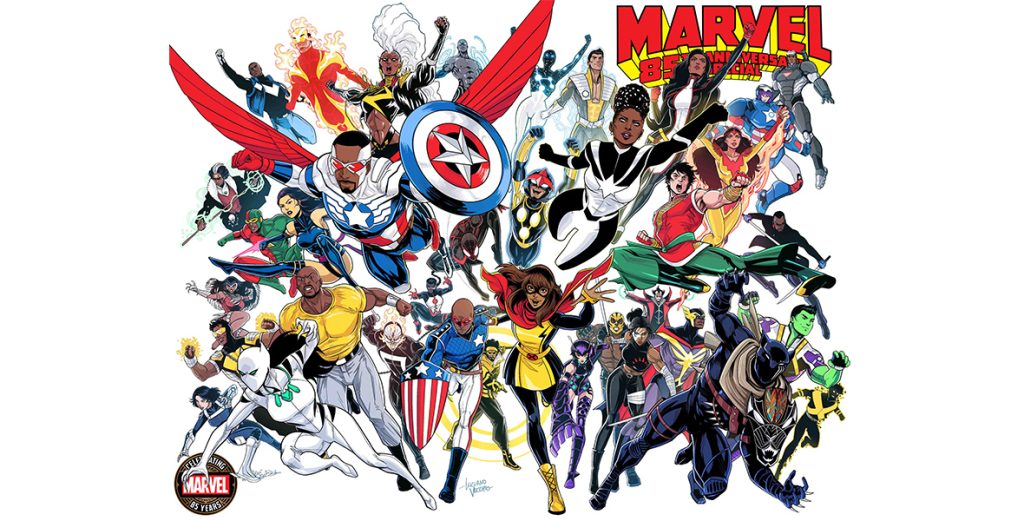By Zach Johnson
The wait is over, bub.
Set a few months after the events of X-Men: The Animated Series (1992–97), Marvel Animation's X-Men '97 finds the beloved team of Cyclops (voiced by Ray Chase), Jean Grey (voiced by Jennifer Hale), Storm (voiced by Alison Sealy-Smith), Wolverine (voiced by Cal Dodd), Rogue (voiced by Lenore Zann), Beast (voiced by George Buza), Gambit (voiced by AJ LoCascio), Jubilee (voiced by Holly Chou), Morph (voiced by JP Karliak), Bishop (voiced by Isaac Robinson-Smith), and Nightcrawler (voiced by Adrian Hough) back in action—except now, they're struggling with the loss of Professor X and pondering their own futures.
"The X-Men are a team that protects a world that hates and fears them," says executive producer Brad Winderbaum, Head of Streaming, Television, and Animation for Marvel Studios. "There's always a double-edged sword when it comes to mutants' place in society."
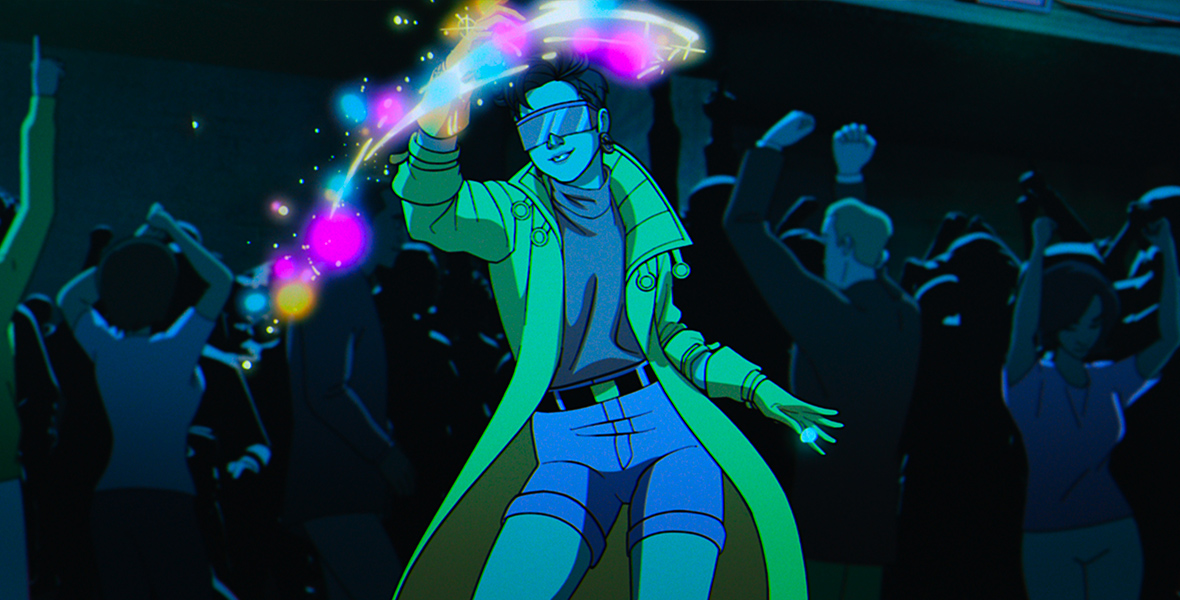
One of the X-Men's greatest adversaries, Magneto (voiced by Matthew Waterson)—the self-proclaimed master of magnetism—has devoted his mutant life trying to protect the less fortunate. But in Professor X's absence, he has been charged with leading the X-Men and fostering a peaceful coexistence. "Some humans have come around and learned to live in harmony with mutantkind," Winderbaum says. "Some mutants have come around—like Magneto, who wants to uphold Xavier's vision of the future. However, some factions of society still hate and fear the mutants, which leads to a number of problems for the team."
Not only does X-Men '97 feature plenty of action and adventure, but it also shines a light on more serious topics—just as the groundbreaking X-Men: The Animated Series did. "We explore bigger themes that deal with inclusiveness, racism, social justice, civil rights—everything that, frankly, was in the bedrock of the characters in the comics that [Disney Legends] Stan Lee and Jack Kirby created," says Winderbaum. "The Chris Claremont run in the comics is also very much at the heart of this story and is extremely important. At its core, this is a soap opera. It's a story about characters who are volatile when they're put together, who are in trying situations due to living in a society that doesn't embrace them."
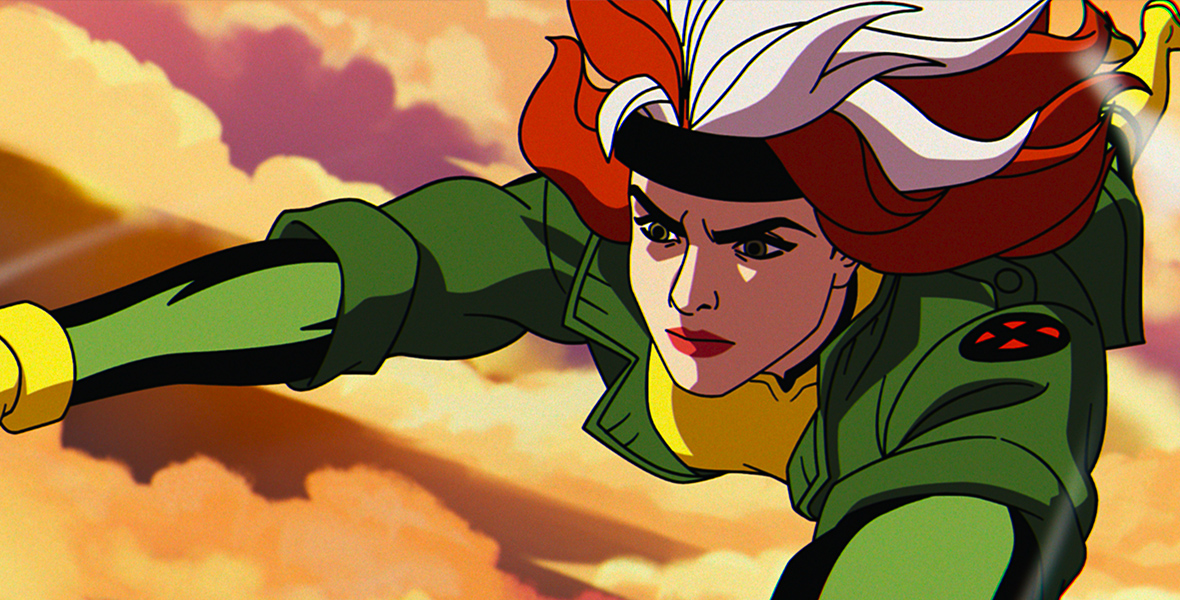
From Loki's Kate Herron to The Marvels' Nia DaCosta, X-Men: The Animated Series was formative in that it introduced many future Marvel Studios filmmakers to a world of multi-dimensional heroes and villains. By all accounts, X-Men '97seems poised to do the same. "Across the board, the project that's been mentioned more than any other as a creative touchstone when we meet with filmmakers is X-Men: The Animated Series," Winderbaum says. "That's certainly true for me. It was the first time I ever saw anything serialized on television. Even though I was maybe 9 or 10 years old at the time, it never felt like it was talking down to me; it treated me like an adult. It had themes that resonated with me. I remember feeling real emotion when certain things would happen—like Morph's death in the first episode. I think about that all the time, the way that made me feel. It was an important show for a lot of a lot of people—for a lot of filmmakers—in my generation."
Stream the first two episodes of Marvel Animation's X-Men '97 now on Disney+. A new episode will debut each Wednesday leading up to the Season 1 finale, streaming May 15.



